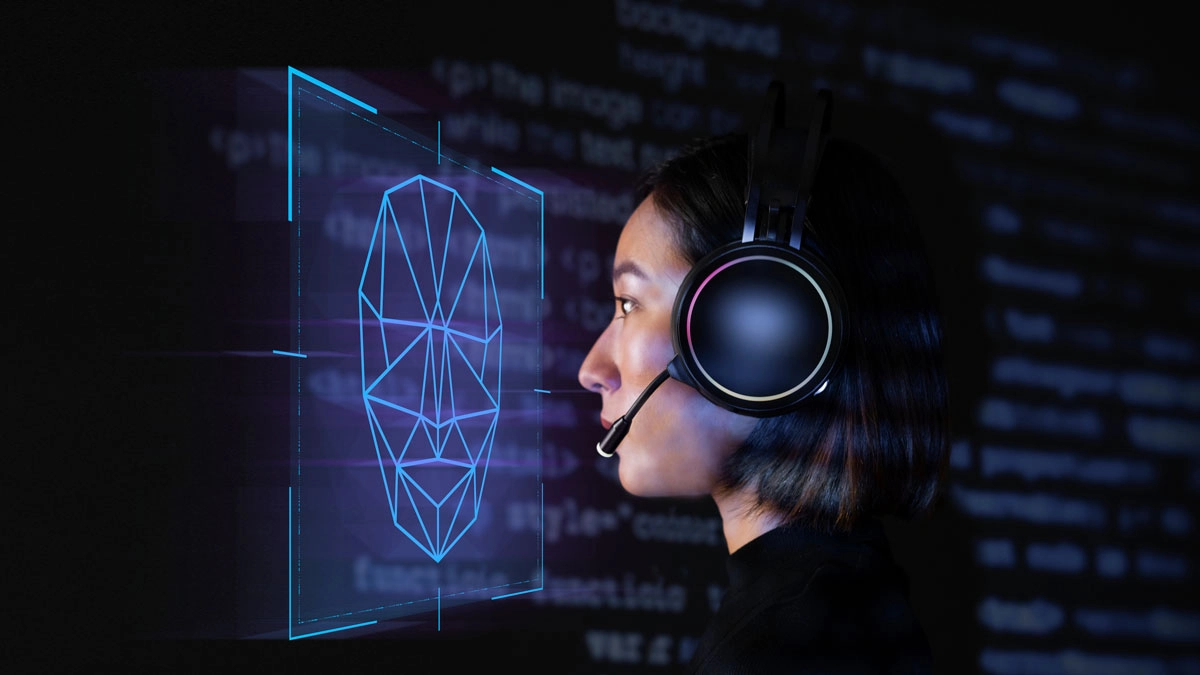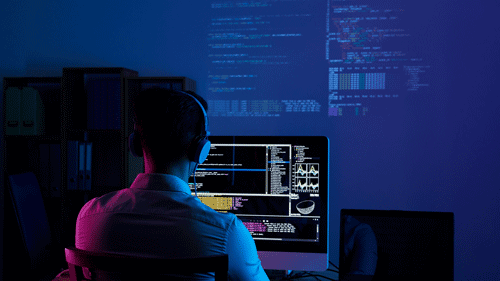When you talk about container security, a critical component inevitably comes up: container runtime. But what exactly is container runtime, and why should you care about it? We'll break down the answers to those questions in this article. At its core, container runtime is the software element responsible for running your containers on your host system. And while this may seem simple enough, it's actually a critical component in your container environment.
There are three main container runtimes:
- Low-level container runtime: These containers run the OS kernel and core functionalities, like networking. Some of the most popular low-level container runtimes are runC, rkt, and containerd.
- High-level container runtime: These containers run the applications and don't include an OS kernel or other components. The most common high-level container runtime is Docker, which runs on top of a low-level container runtime (usually runC), and Windows Containers.
- Sandboxed and Virtualized Container Runtimes: These runtimes are designed to isolate applications from the host OS, like CT-Scan. Sandboxed runtimes give users more control over their applications, so they can easily manage and maintain them. In contrast, virtualized runtimes improve host isolation by running the containerized process in a separate virtual machine rather than on the main kernel.
As you can see, the container runtime's role is critical in your containers' security and performance. But why should you care about container runtime? Well, there are a few reasons why it's essential.
1. If a container runtime isn't properly configured, it could open up security vulnerabilities in your system. And as we all know, a vulnerable system is what cybercriminals are looking for – so you need to ensure that the runtime you're using has proper security practices and protocols. If your container runtime is compromised, you'll want to ensure that the rest of your system isn't affected. That's something you can achieve with a properly configured runtime.
2. Container runtimes also handle logging and monitoring for your containers, so it's important to make sure that you have the right runtime in place for optimal monitoring and logging practices. This only means you can detect issues or threats more quickly and easily. For example, in the case of Docker: it has its own container runtime called runC, which is a standalone component that runs in your system. RunC then orchestrates the runtime for your containers and provides the environment for container execution.
3. Finally, a good container runtime can help improve the overall performance of your system by reducing latencies. So, finding a reliable container runtime is essential if you want to eliminate unnecessary bottlenecks and speed up your processes. Container runtime is an important component to consider – not only when it comes to security and monitoring but also for overall performance and management. And by choosing the right container runtime, you'll be able to optimize your container environment and reduce security risks.





No Comments Available...